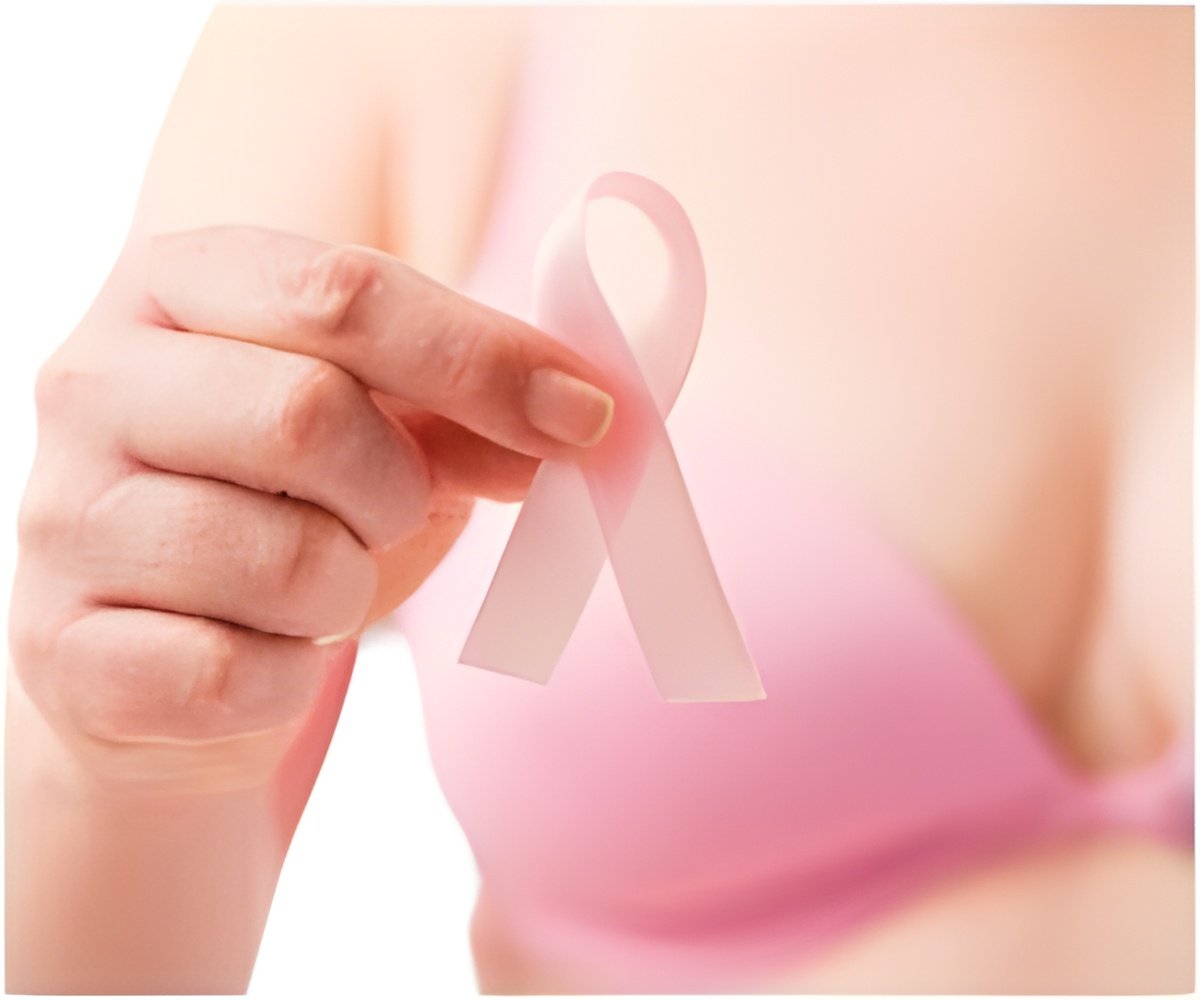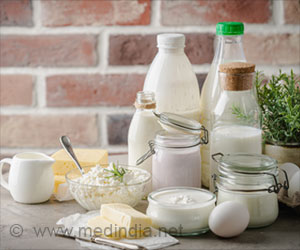A new study has found that a potent compound in parsley and celery can halt breast cancer cells from multiplying and growing.

The rats that were exposed to the apigenin developed fewer tumors and experienced significant delays in tumor formation compared to those rats that were not exposed to apigenin. Hyder believes this finding could impact women who are taking certain hormone replacement therapies.
"Six to 10 million women in the United States receive hormone replacement therapy (HRT)," Hyder said.
"We know that certain synthetic hormones used in HRT accelerate breast tumor development. In our study, we exposed the rats to one of the chemicals used in the most common HRTs received in the United States - a progestin called medroxyprogesterone acetate (MPA) - which also happens to be the same synthetic hormone that accelerates breast tumor development."
Hyder also found that the compound reduced the overall number of tumors. However, while apigenin did delay tumor growth, it did not stop the initial formation of cancer cells within the breast.
Hyder said researchers have not identified a apigenin dosage for humans yet.However, it appears that keeping a minimal level of apigenin in the bloodstream is important to delay the onset of breast cancer that progresses in response to progestins such as MPA," Hyder said.
Advertisement
The study was published recently in Cancer Prevention Research.
Advertisement















